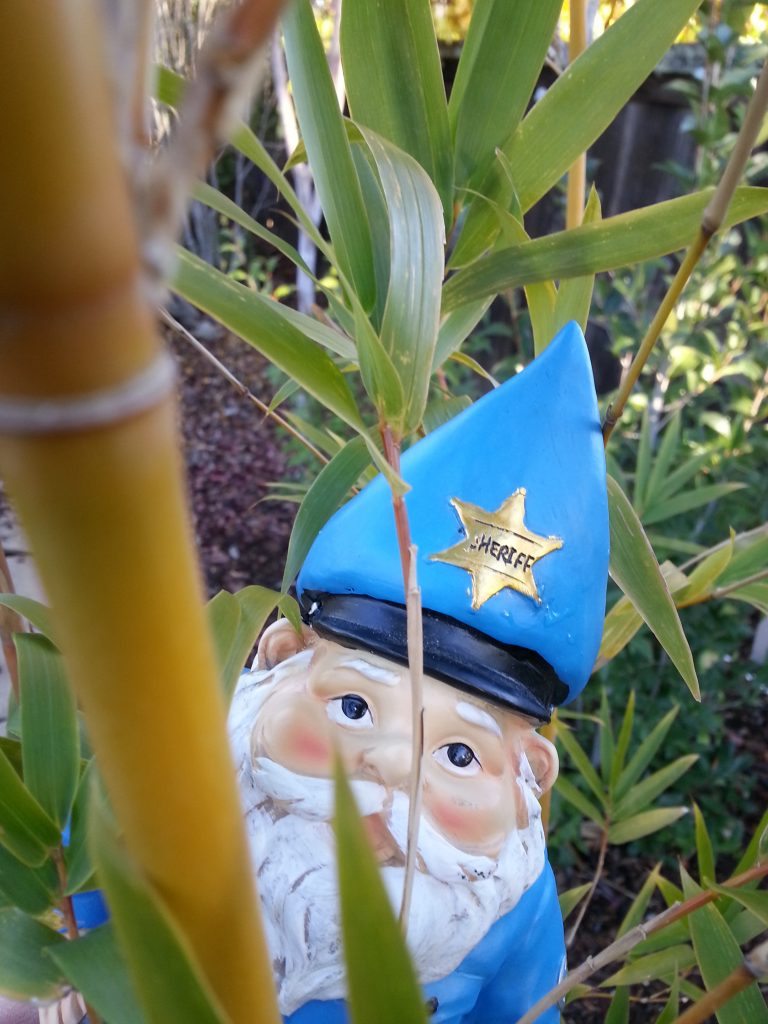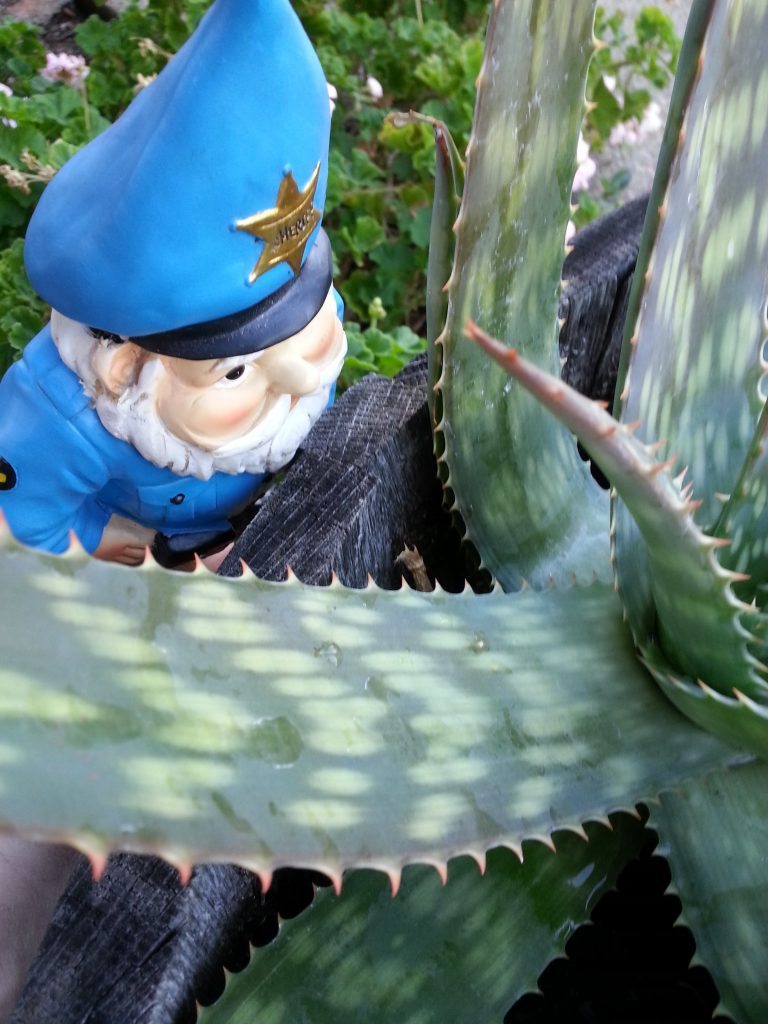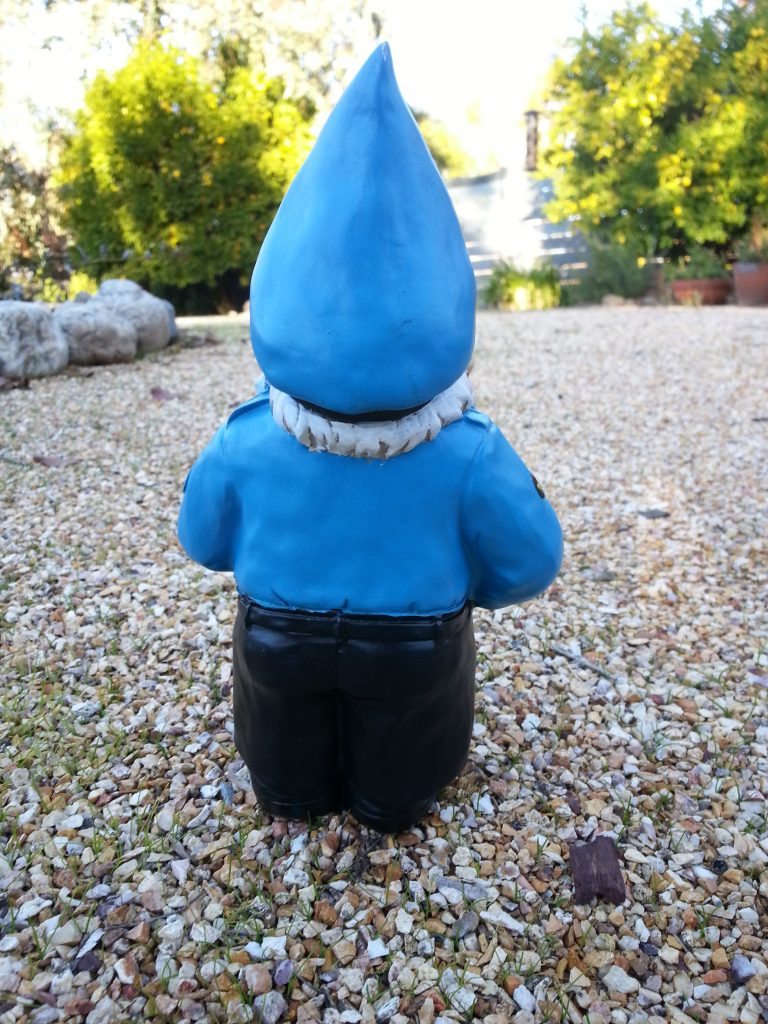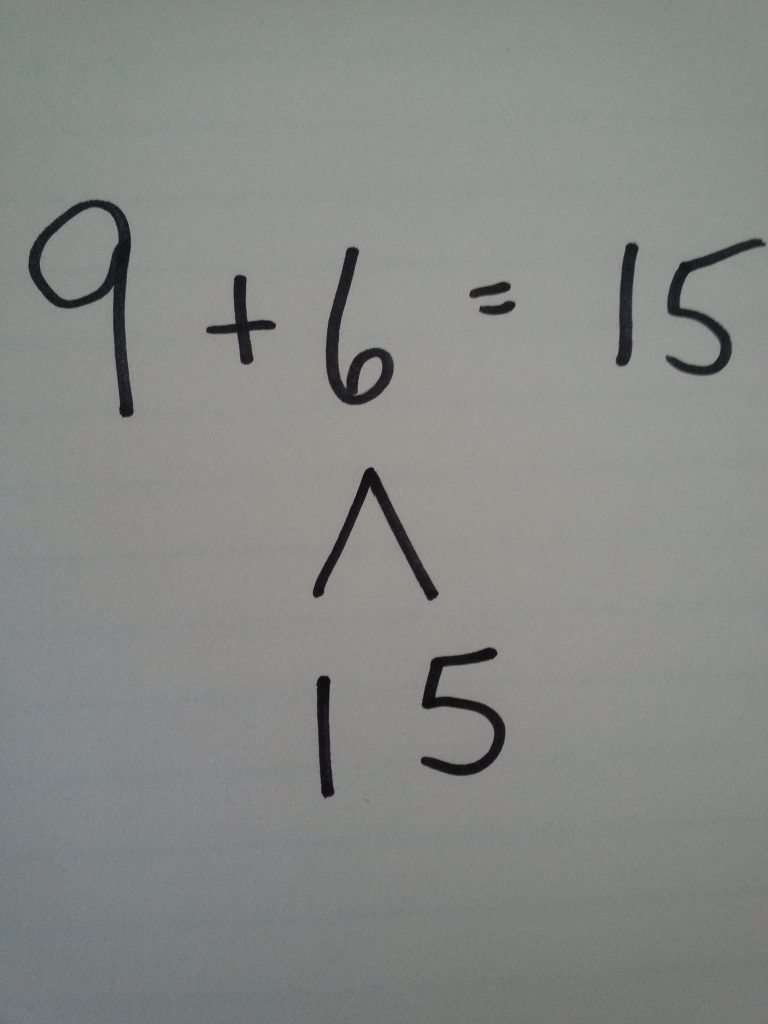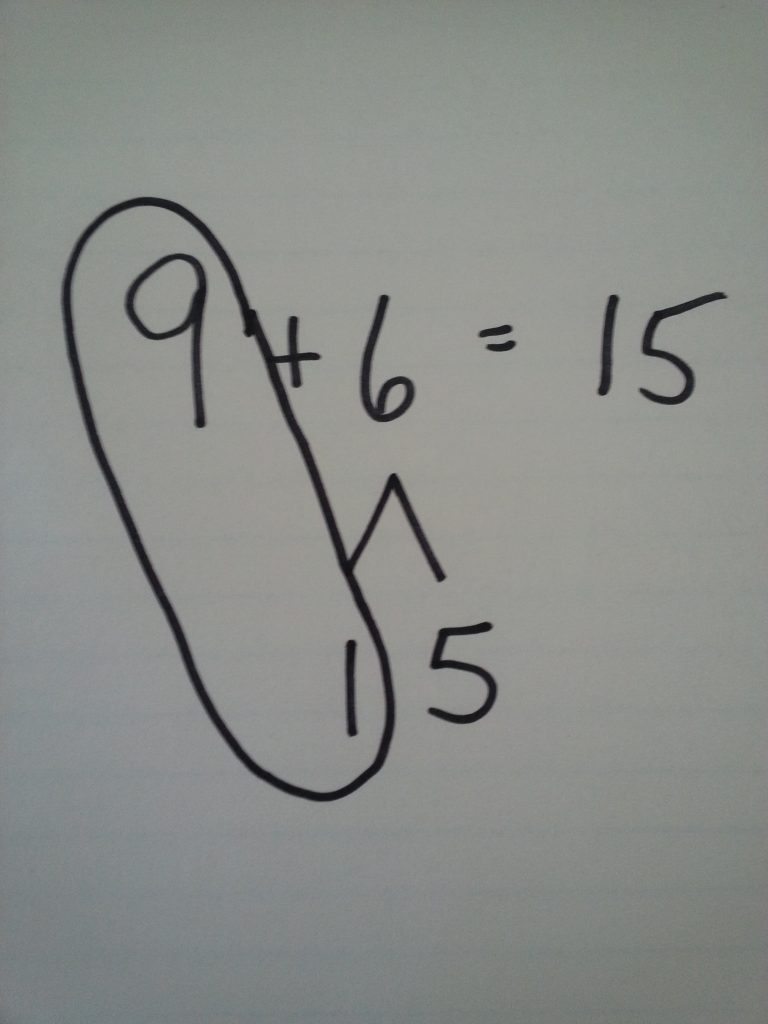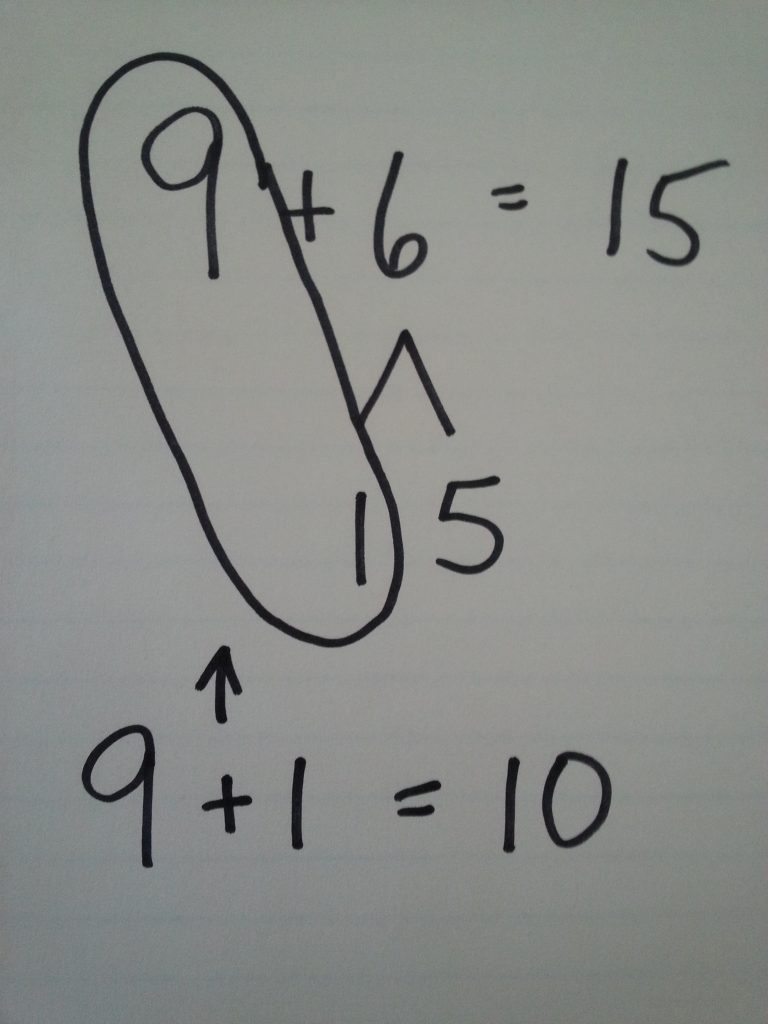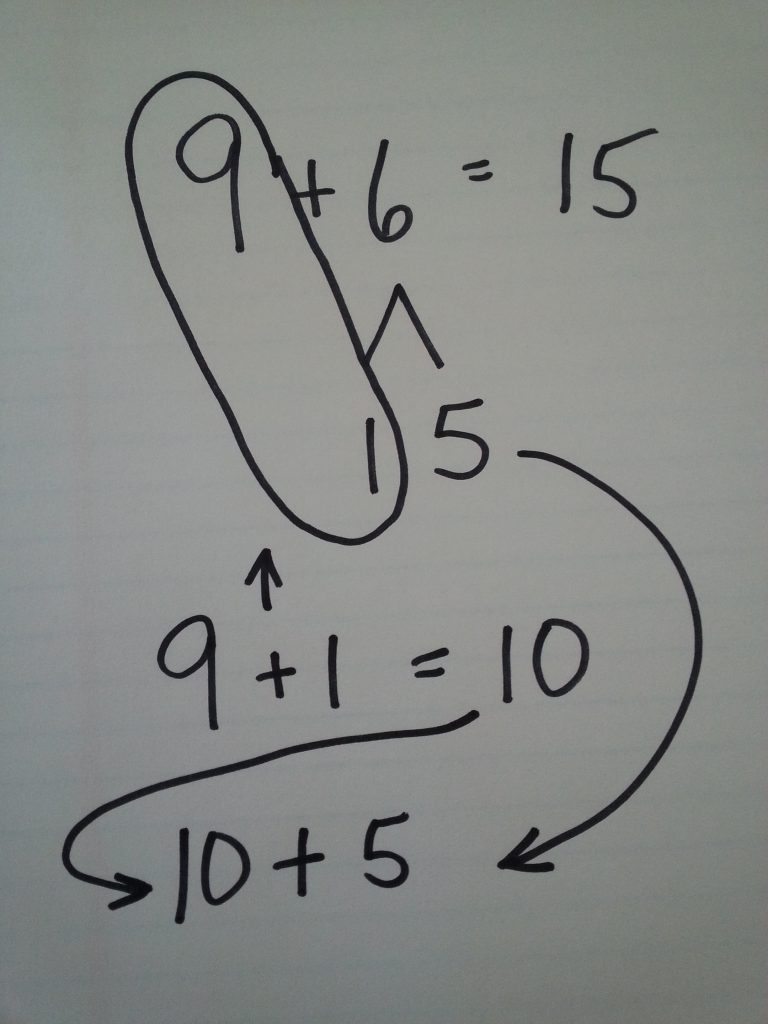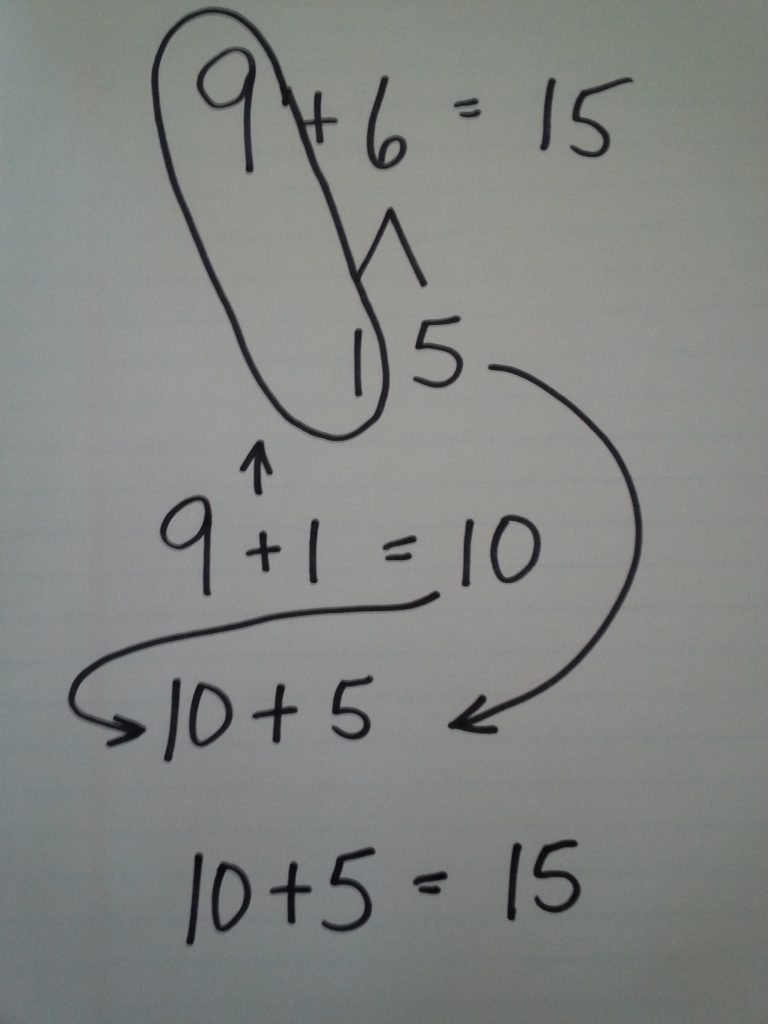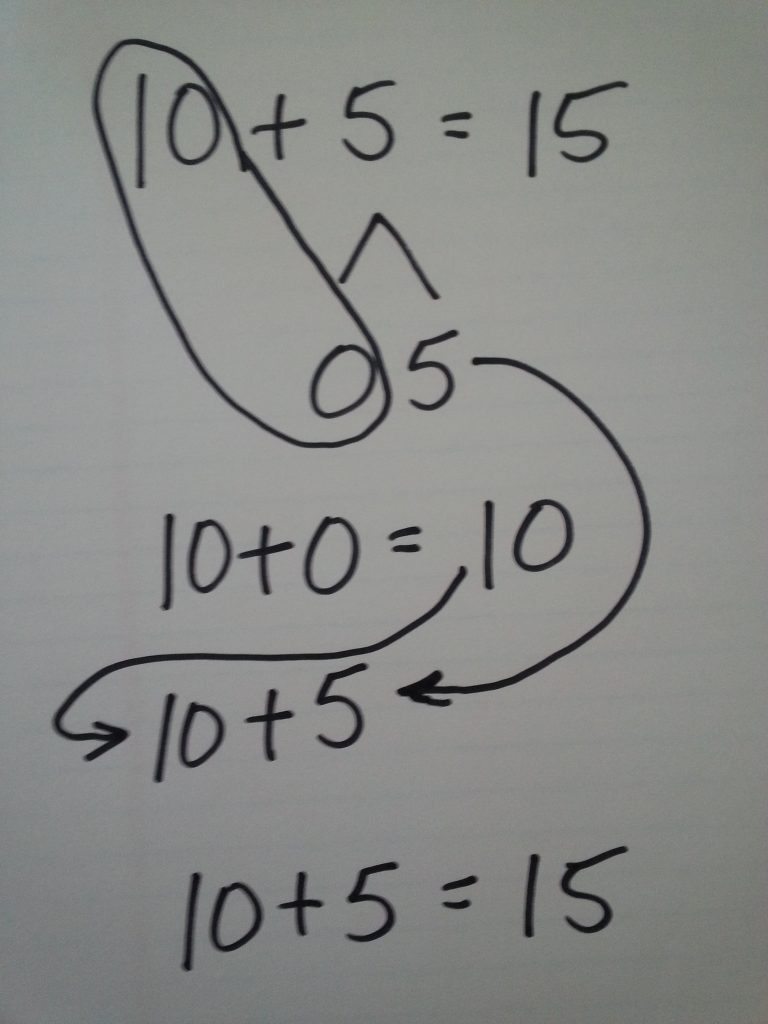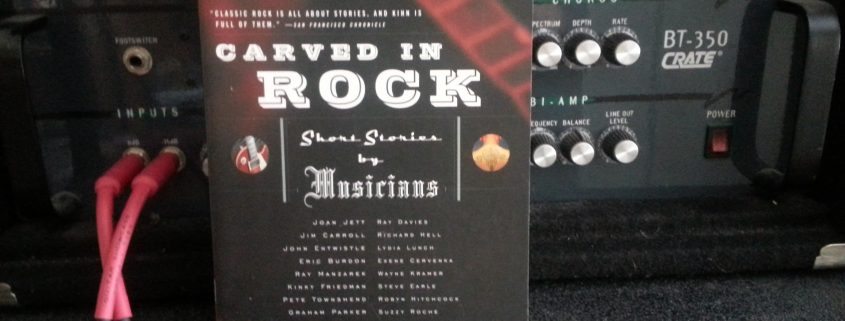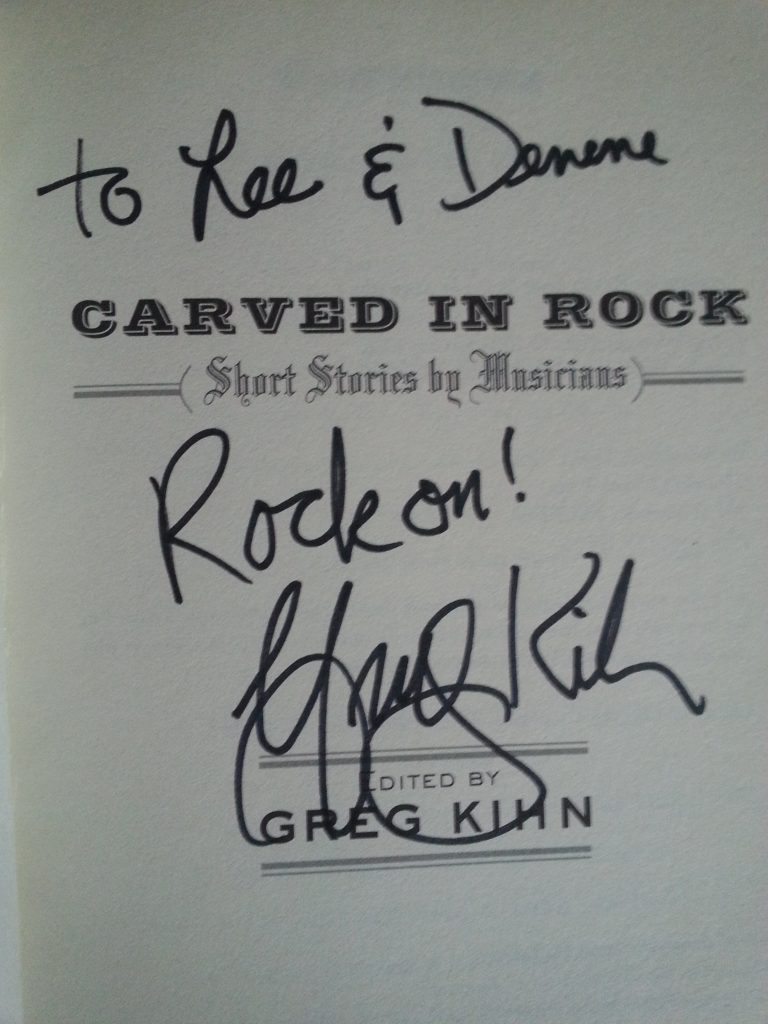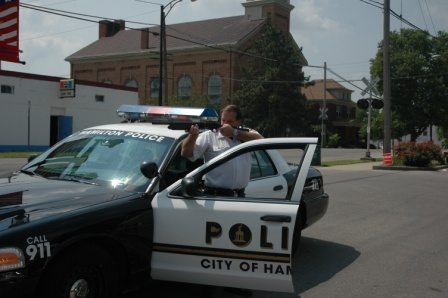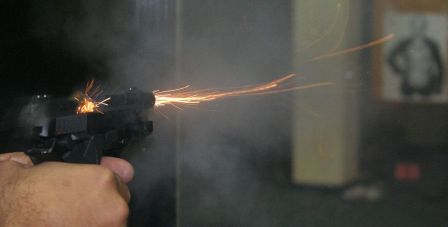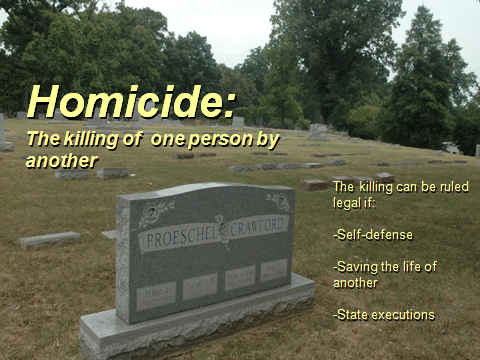It’s time, past time, actually, for each of us to stop what we’re doing to take a good look at ourselves—a real self-exam of our inner being. Unfortunately, though, we may not like what we see.
As time goes on, dragging us along for the ride, we watch as the world around us changes. Our climate is different than it was just a decade ago. New species of animals are discovered while others disappear entirely. Gardens grow and eventually fold back into the earth. And people, well, it seems they fight change more than any other entity on the planet.
Human resistance to the recently-created comes in all forms, but is especially evident in the word of cops and robbers. Sure, new things are invented every day—new weapons, new art, new devices for watching TV and listening to music, new and sleeker automobiles, new drugs, new…well, you get the idea. But the one thing that never changes is a bad guy’s desire to steal, rape, rob, and kill. That, my friends, has been a constant for as long as man can remember.
Sure, with new things to steal and new people and ways to kill, modern-day suspects must also adapt new ways to carry out their crimes. As a result, law enforcement must overcome a crook’s new methods of operation. Still, stealing is stealing, killing is killing, and robbing is robbing, no matter the method or implement used to assist murderers, robbers, and/or thieves.
A good example of just how “same old, same old” today’s world of cops and robbers really is, here’s my response to two questions I answered in a magazine interview many years ago. My answer could, and would, still apply today. And it could have just as easily been completely relevant 25 years ago and longer.
Here, have a quick look at the excerpt before we continue with this post.
Q: How can new officers prepare themselves for some of the more dangerous aspects of police work?
Easy answer: training and education.
Here are a few basic tips:
– Always expect the unexpected.
– Don’t take anything for granted, and keep your guard up. The well-dressed man with the million-dollar smile just might be the next Dahmer, Bundy, or D.C. sniper.
– Search every suspect thoroughly before placing them inside the patrol car. And don’t be shy when conducting a search. Criminals are very creative when it comes to hiding weapons and other contraband.
– Always have an escape route. There’s no shame in a retreat. A dead hero is, well, dead.
– Sure, the job is important, but never let it come before your family!
Q: What are some of the challenges in the field?
One of the most frustrating things about police work is how children perceive law enforcement officers. It’s sad to see little kids run away the second they see a police car enter their neighborhood. Or, to hear a six or seven-year-old look up from playing with his toys and curse you as you pass by.
It’s important for officers to take the time to show kids that they’re the good guys and that they’re there to help, not to harm the kids or their families. Community policing is a must. Proactive law enforcement begins with personal and positive contact with citizens. Stop, get out, and talk to people.
~
I guess the take-away from this blog post, and from the article, is that policing is far more than simply wearing a badge and carrying a gun. It’s a “people” business, and to do the job well it’s an absolute must that officers and citizens come together to work out the problems of society. After all, one cannot succeed without the other, and someone has to make the first move.
So yeah, park the car, get out, and talk to people. And I’m not speaking about getting out to arrest someone. Get out and visit when times are good. Don’t wait for the bad times because people will then only associate you with a bad memory. That’s also how you’ll remember the people you encounter.
Get to know the people who live in the areas you patrol. Sit on a front porch and listen to what they have to say. Talk about sports, their hobbies, their families and their kids, etc. I think you may be surprised at what you hear. And those citizens, well, they just might, for once, see something other than a badge, handcuffs, and gun—your personality, heart, and smile. Officers will also learn that people, not animals, live in those houses on their beat.
Sure, having an occasional hotdog cookout for kids in the park is a great way for police to interact with the public. However, a weeinie roast and face-painting will never take the place of the one-on-one, heart-to-heart conversations on someone’s front stoop.
The police in the city where we live do a wonderful job, and they have a community policing program in place, but I have yet to see a single officer out of his car other than when making an arrest or traffic stop, or eating a meal at a local restaurant. All I see and know are blank, empty faces behind dark sunglasses as they pass by at an intersection.
You know, a little personality can go a long way. So again, park your car, get out, walk a few steps, and say hello to everyone you meet. I promise someone will say it back.







